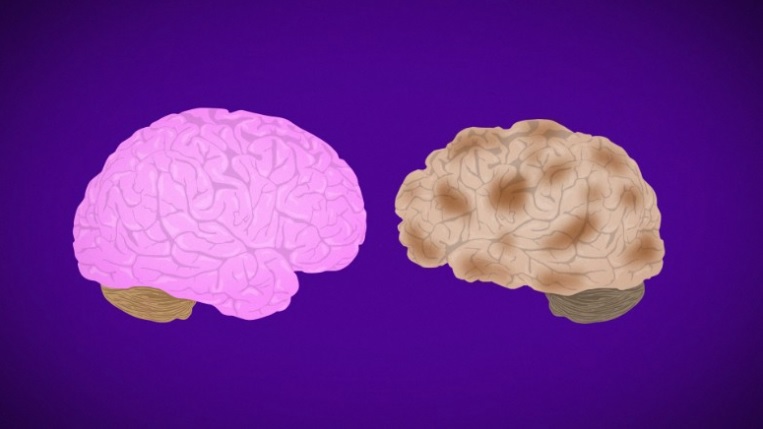
(CNN)In an unexpected reversal, pharmaceutical giant Biogen said it will pursue US Food and Drug Administration approval for aducanumab, an experimental treatment for early Alzheimer's disease, Biogen and its Japanese partner Eisai announced on Tuesday.
Phase 3 clinical studies of aducanumab were discontinued in March. The trials were halted because results of a futility analysis found they were unlikely to meet their primary goals at completion.
On Tuesday, Biogen announced that a new analysis, which included more patients, showed a significant reduction in clinical decline in one trial. Results for some patients in another study support those findings, as well.
The data showed that patients who received aducanumab experienced significant benefits on measures of cognition and function, including memory, orientation and language, according to Biogen.
"I really hope these new analyses pan out," said Dr. Richard Isaacson, director of the Alzheimer's Prevention Clinic at Weill Cornell Medicine in New York, who had patients in the original clinical studies.
"I'm not surprised that a reanalysis of the data showed something positive," he said, adding, "I do believe that there are going to be probably continued regulatory hurdles."
Additionally, the drug could be extremely expensive, Isaacson said.
"The complicated aspect here is I would not be surprised if additional analyses, with larger (numbers), with higher doses, do show signals in either the overall population or subgroup analysis, but is that going to be enough for the FDA to approve this from a regulatory perspective? Would payers reimburse it? I don't know, but I hope so," he said.

